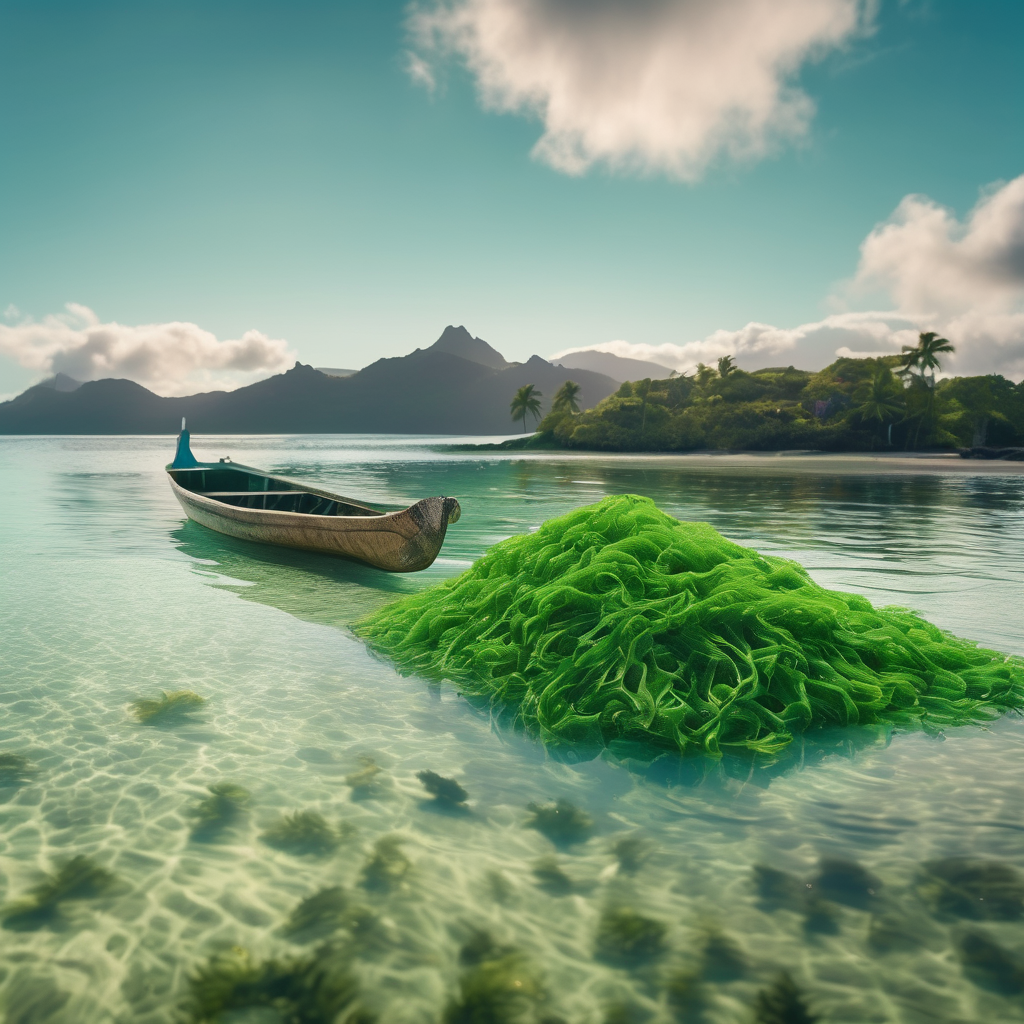Fisheries officers from the Kavala Fisheries Station, along with local villagers from Matasawalevu, recently undertook a comprehensive inspection of dried seaweed to ensure its quality for market readiness. This inspection, which occurred on a Tuesday, focused on evaluating the drying process of the seaweed, a critical factor in maintaining its market value and preventing spoilage during transportation. The collaborative effort emphasized the importance of meeting both local and export standards for the final product.
Following the inspection, harvesting resumed, taking advantage of optimal low tide conditions ideal for efficiently and sustainably collecting seaweed. The exposure of larger portions of seaweed beds during low tide supports responsible harvesting practices, aiding in the protection of the marine ecosystem.
This initiative showcases the Matasawalevu community’s dedication to sustainable fishing practices and highlights the strong partnership between the Ministry of Fisheries and local stakeholders in advancing Fiji’s seaweed industry. The ongoing project in Matasawalevu serves as a prime example of how such collaborative efforts can promote economic empowerment, marine conservation, and the sustainable management of resources in Fiji’s maritime regions.
Previous initiatives in the area have yielded significant advancements, including the expansion of seaweed nurseries with the recent addition of 56 new lines, increasing the total to 204 lines. This growth is part of a larger strategy aimed at enhancing local livelihoods through sustainable aquaculture and promoting community engagement. The successful collaboration among community members and government bodies indicates a hopeful trajectory towards building resilient coastal economies that balance environmental sustainability with economic development.
As Fiji’s seaweed farming and aquaculture sectors continue to progress, the focus on community involvement and responsible resource management offers a promising future for coastal families. This approach not only has the potential to increase incomes but also to diversify the economy. By valuing local natural resources and combining them with sustainable practices, Fiji’s coastal communities are paving the way for a brighter, more resilient future.
